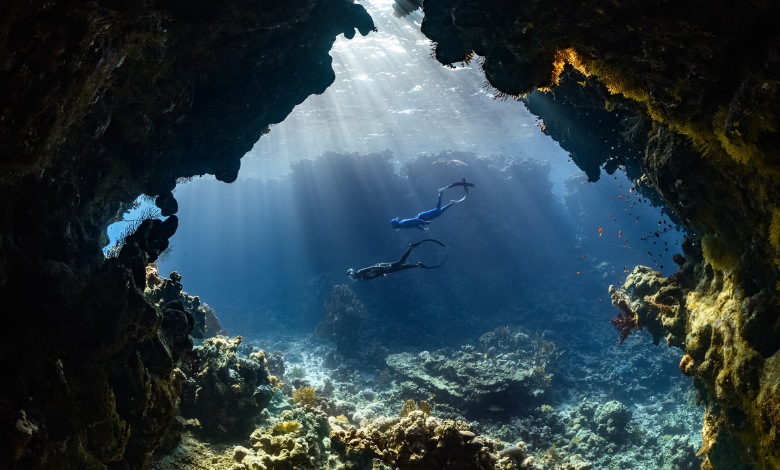The Kingdom of Saudi Arabia’s futuristic mega-city Neom has been grabbing headlines across the globe. Powered entirely by renewable energy, it is a massive single-structure conurbation spanning 170 km near beautiful coastline.
But Neom is also set to feature a range of food security projects, involving everything from desert agriculture to “farm-to-fork” sustainability, in an effort to redefine food production, distribution and consumption through sustainable solutions.
The effort brings in prominent chefs Norbert Niederkofler and Paolo Ferretti. They are the founders of sustainable food venture Neom Care. In addition to Topian, a sustainable agriculture specialist company, they hope Neom shall become a hub for food culture.
Carlos Motamayor, chief executive of Topian, said people in the Kingdom – as in the GCC – heavily rely on imports in terms of food consumption, noting it is not sustainable for multiple reasons, including emissions as one of the major ones, The National reported.
Sustainable Systems To Boost Food Security
Motamayor said: “Emissions from the food industry come from transportation, but also because that leaves us exposed to significant supply issues, as we have seen with destruction of supply chains, with pandemics, then with the war in Ukraine.”
He highlighted the incredible technological progress in producing food in extreme conditions, including in desert climates, adding Neom believes desert agriculture technology will be a global focus in the near future because of climate change.
“So that’s one of the issues we’re talking about, localisation of food production. And Topian – a new food company launched by Neom – has a business unit around agriculture, alternative meat and alternative dairy,” as per The National.
Read More: Potential Effects Of Disruptions In Red Sea On Crude Oil, LNG Prices
Neom announced the launch of Topian Food Company in order to create sustainable systems to boost food security in the country. The company is expected to address key challenges, such as agriculture resistant to climate change, regenerative aquaculture and customised nutrition.


















